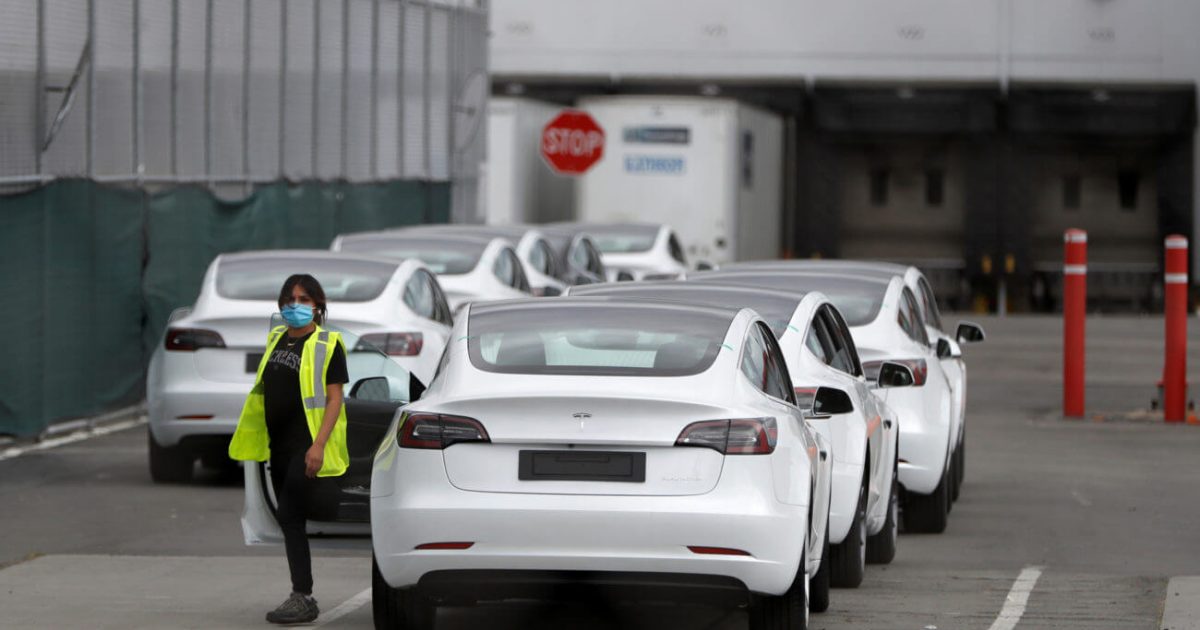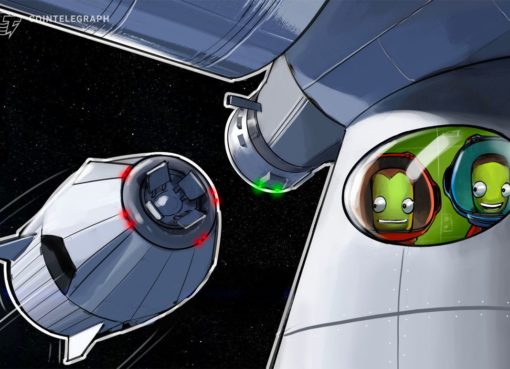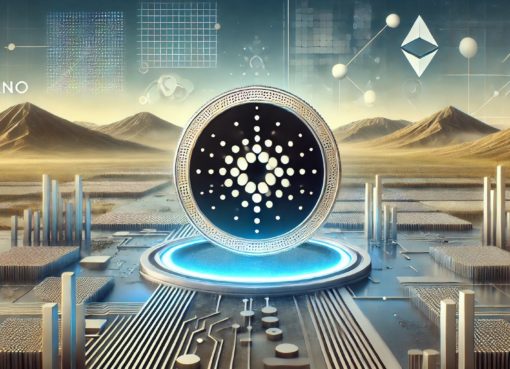- 17-year-old Tesla is now more valuable than 83-year-old Toyota (less its Treasury holdings).
- Investors seem to have ignored Elon Musk’s tweet from weeks ago that said the stock price was too high.
- Competition is heating up in the alternative energy vehicle category from both new and old automakers.
Tesla (NASDAQ:TSLA) hit a milestone Wednesday by surpassing Toyota’s (NYSE:TM) market share to become the world’s most valuable company.
The company’s market cap swelled to $190 billion after its stock price soared above the $1,000 mark.
Although Toyota’s market cap is around $215 billion at present, the Japanese automaker’s valuation includes Treasury assets worth about $30 billion.
Early last month, Musk indicated that Tesla’s stock price was too high. After the comment, TSLA dropped slightly below $700. It has since surged by roughly 50% from its May low.
Despite the recent surge, Tesla’s leadership position is unlikely to last much longer for at least three reasons.
Competition is keen on overtaking Tesla
For years, Tesla was unrivaled in the world of battery electric vehicles (BEV). That has changed now with fierce competition emerging from all sides, forcing Musk to take a reactive stance.
Days after hydrogen-powered auto startup Nikola (NASDAQ:NKLA) went public and announced a timeline for its semi-trucks, Musk revealed that the Tesla Semi would soon be going into volume production.
Amazon-backed electric car startup Rivian, on the other hand, will start delivering its R1T next year.
Legacy carmakers like Ford (NYSE:F) are also aiming at Tesla. The Detroit auto giant will be launching the electric version of the F-150 within 24 months.
With the pressure getting to him, Musk has taken to bashing rival technologies.
On Thursday, Musk trashed Nikola by branding hydrogen fuel cells as “fool sells.” This was in response to comparisons made between fuel cell vehicles and battery electric vehicles.
Sophisticated EV markets paint a worrying picture
There are worrying signs of waning brand excitement in some of Tesla’s most established BEV markets. For instance, in Norway, the Model 3 was outsold by five other models. But in April, Model 3 sales fell to 19th spot. The Audi e-tron was Norway’s best-selling BEV in the first quarter.
In the Netherlands, which hosts Tesla’s European distribution center, the Volkswagen e-Golf was the best-selling BEV last month. Model 3 was the best-selling BEV from January to May, but its lead is narrowing.
Last year, the Model 3’s market share in the Netherlands was 45% among the top 20 BEVs. Other Tesla car brands such as the Model X and the Model S scored below 1%. So far this year, the Model 3’s market share among the top 20 EVs is about 18%.
A similar trend was evident in the U.S., where growth was stagnant. In 2019, Tesla recorded a 0.3% increase in sales in the overall luxury car market.
Tesla is no longer the king of battery tech
Tesla bulls like to argue that the company’s steep stock price is based on the company’s superior battery technology. But this argument will be impossible to justify moving forward.
As Musk teases a one-million mile EV battery, rivals are either working on this or already have it.
Last month, General Motors (NYSE:GM) revealed that it is close to making a battery that could last one million miles without requiring a replacement.
China’s Contemporary Amperex Technology already has a production-ready one-million-mile battery that it is willing to manufacture for any client.
Disclaimer: This article represents the author’s opinion and should not be considered investment or trading advice from CCN.com. The author holds no investment position in the above-mentioned companies.
This article was edited by Sam Bourgi for CCN.com. If you find any factual, spelling, grammatical errors or spot a breach of the Code of Ethics of the Norwegian Press, please leave a comment below this article. The comment will not be published, but we will act swiftly to investigate any errors claimed by our readers.
Last modified: June 11, 2020 10:57 PM UTC




